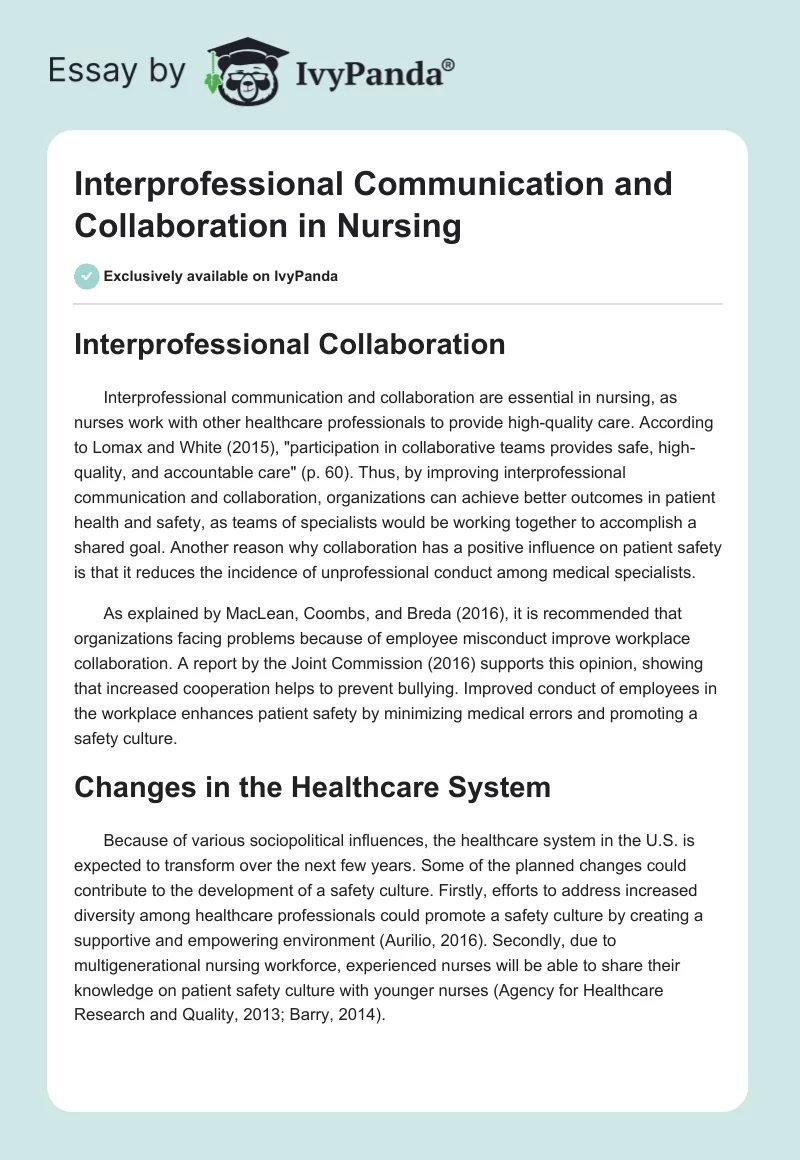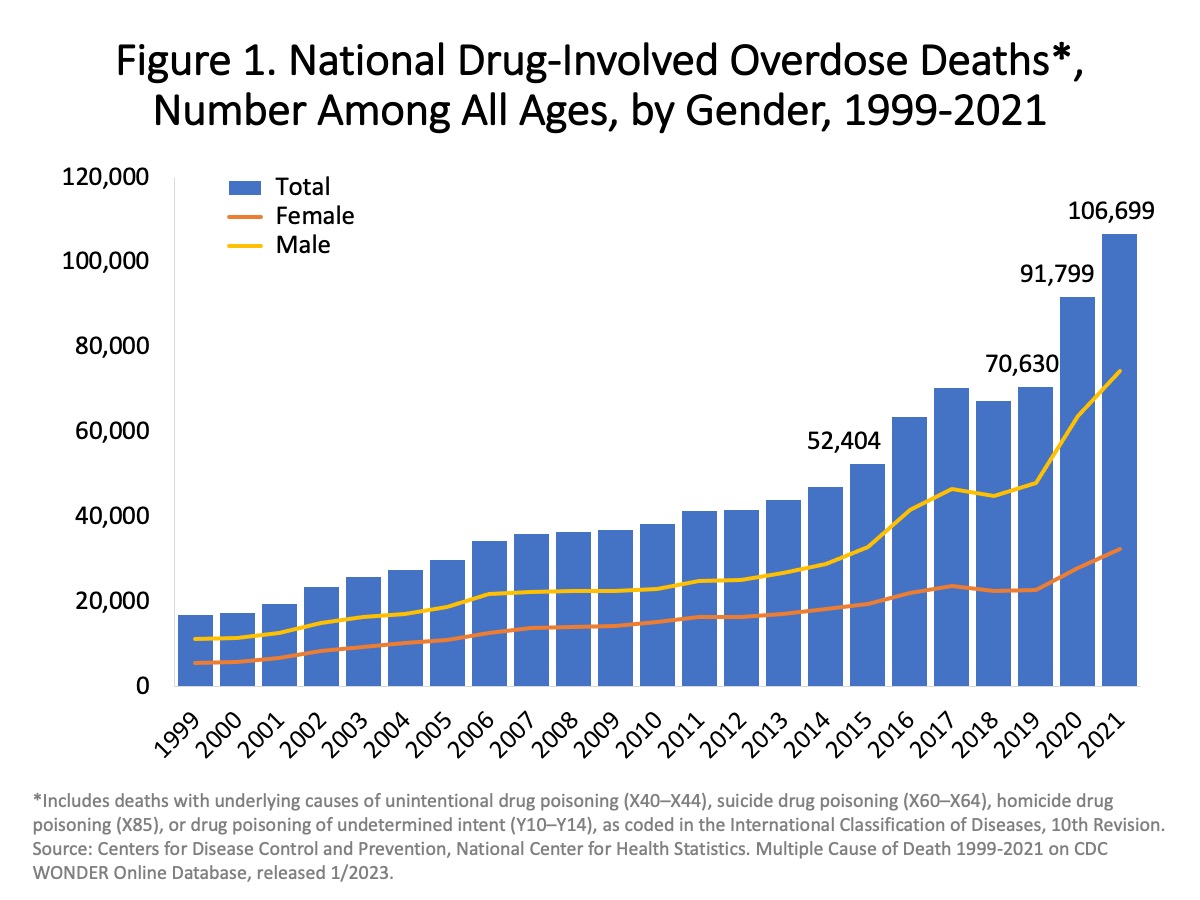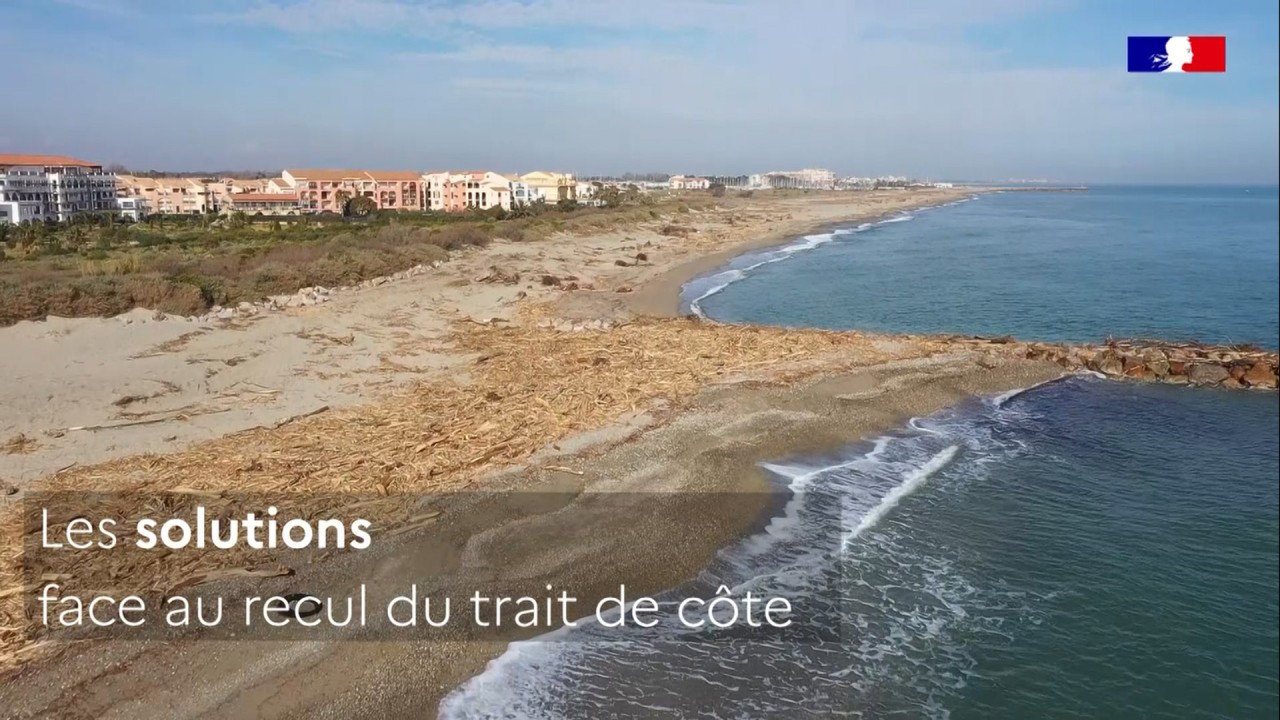Improving Interprofessional Collaboration: Lessons From A Plastic Glove Project (RCN & Vet Nursing)

Table of Contents
The Plastic Glove Project: A Collaborative Initiative
This project aimed to reduce plastic waste and enhance environmental sustainability within our healthcare setting by implementing a comprehensive plastic glove recycling program. The initiative involved both RCN nurses and veterinary nurses, leveraging the expertise and resources of both professions. The goals were threefold:
- Reduce plastic waste: Significantly decrease the amount of plastic gloves sent to landfills.
- Improve environmental sustainability: Promote environmentally friendly practices within the healthcare setting.
- Foster teamwork: Strengthen collaboration between RCN and veterinary nursing staff.
The roles were clearly defined:
- RCN nurses: Managed collection points in human healthcare facilities, educated staff on proper glove disposal, and oversaw initial sorting.
- Veterinary nurses: Managed collection points in veterinary clinics, educated staff, and assisted with sorting and transportation to the recycling partner.
Our methodology involved:
- Establishing designated collection points in strategic locations within each facility.
- Implementing clear labelling and instructions for proper glove disposal.
- Partnering with a certified recycling company specializing in medical waste.
- Regular monitoring and data collection to track progress.
Challenges and Solutions in Interprofessional Collaboration
While the benefits of IPC are clear, implementing such projects presents challenges. We encountered several hurdles:
- Differing waste management protocols: Human and veterinary healthcare facilities had different pre-existing waste management systems.
- Lack of initial awareness: Some staff were initially unaware of the project or hesitant to participate.
- Scheduling issues for joint meetings: Finding common time slots for joint meetings between busy professionals proved difficult.
To overcome these challenges, we implemented several strategies:
- Formal communication channels: Regular email updates, team meetings, and shared online platforms (e.g., Microsoft Teams) ensured transparency.
- Joint training sessions: Workshops were conducted to educate all staff on the project's goals, procedures, and importance.
- Shared decision-making processes: All team members were involved in shaping the project's direction and problem-solving.
- Clear roles and responsibilities: A detailed document outlining each team member's role clarified expectations and responsibilities.
Successful conflict resolution involved open communication and a willingness to compromise, ultimately strengthening team dynamics and highlighting the value of diverse perspectives in problem-solving.
Fostering Effective Communication and Shared Goals
Effective communication was paramount. We utilized:
- Regular meetings: Weekly meetings facilitated progress updates, problem-solving, and team bonding.
- Shared online platforms: A collaborative platform allowed for real-time communication, document sharing, and progress tracking.
- Transparent reporting: Regular reports provided data-driven insights, fostering accountability and demonstrating progress.
Aligning goals involved highlighting the shared commitment to both patient/animal welfare and environmental responsibility. The project’s overarching goal of sustainable healthcare resonated with both teams.
Measuring Success and Assessing Impact
The project's success was measured through several key indicators:
- Quantity of plastic gloves recycled: We tracked the weight and volume of recycled gloves monthly.
- Cost savings: Reduced waste disposal costs were calculated and documented.
- Reduction in environmental impact: The project's contribution to reducing carbon emissions and plastic waste was estimated.
Quantitative data (graphs illustrating the volume of recycled gloves over time) and qualitative data (feedback from staff surveys) demonstrated the positive impacts of collaboration. Improved staff morale and a greater sense of collective responsibility were also observed. The project's success impacted patient/animal care indirectly by promoting a more environmentally conscious and efficient healthcare setting.
Transferable Lessons and Best Practices for Future Initiatives
The plastic glove project offers valuable lessons for future interprofessional collaborations:
- Establish clear goals and objectives: Shared understanding is key to successful collaboration.
- Develop a comprehensive communication plan: Open, transparent, and frequent communication is essential.
- Clearly define roles and responsibilities: This minimizes confusion and conflict.
- Celebrate successes and address challenges proactively: Positive reinforcement strengthens team cohesion.
- Use data to monitor progress and demonstrate impact: Quantifiable results enhance credibility and justify further investment.
These principles, applicable to various healthcare projects, promote effective teamwork and foster a culture of mutual respect and shared responsibility. Building trust through open communication and shared decision-making processes is crucial for overcoming potential conflicts.
Strengthening Interprofessional Collaboration for a Better Future
The plastic glove project demonstrates the transformative power of interprofessional collaboration between RCN and veterinary nursing professionals. It highlighted the significant positive impact on environmental sustainability and fostered a stronger sense of teamwork. This project successfully improved interprofessional collaboration, showcasing that even a seemingly small initiative can yield substantial benefits. We encourage you to implement similar IPC initiatives within your own healthcare settings, focusing on sustainable practices through collaboration. Share your experiences and best practices; let's collectively foster effective teamwork and build a more sustainable future for healthcare. Let’s continue to improve interprofessional collaboration and embrace innovative approaches to enhance patient/animal care and environmental responsibility.

Featured Posts
-
 Boxer Jaime Munguia Releases Statement Following Positive Drug Test
May 31, 2025
Boxer Jaime Munguia Releases Statement Following Positive Drug Test
May 31, 2025 -
 The Good Life In Practice Simple Habits For Lasting Wellbeing
May 31, 2025
The Good Life In Practice Simple Habits For Lasting Wellbeing
May 31, 2025 -
 Today In History March 26th Princes Death And The Fentanyl Findings
May 31, 2025
Today In History March 26th Princes Death And The Fentanyl Findings
May 31, 2025 -
 Twins Guardians Game Time Rain Delay Updates April 29th Weather Forecast
May 31, 2025
Twins Guardians Game Time Rain Delay Updates April 29th Weather Forecast
May 31, 2025 -
 Saint Jean De Luz Face Au Recul Du Trait De Cote Derogations Legales Pour Une Meilleure Gestion Du Littoral
May 31, 2025
Saint Jean De Luz Face Au Recul Du Trait De Cote Derogations Legales Pour Une Meilleure Gestion Du Littoral
May 31, 2025
